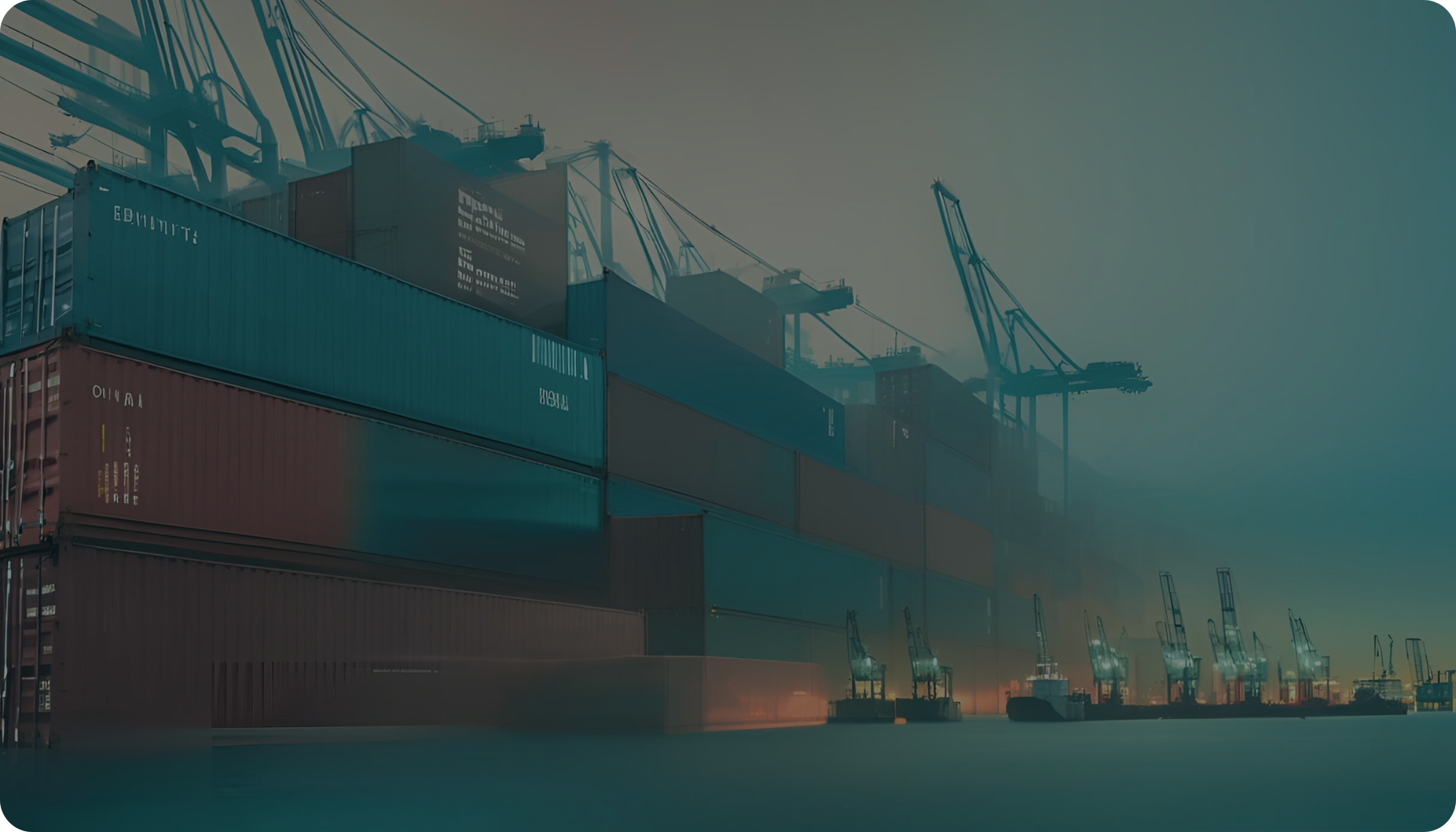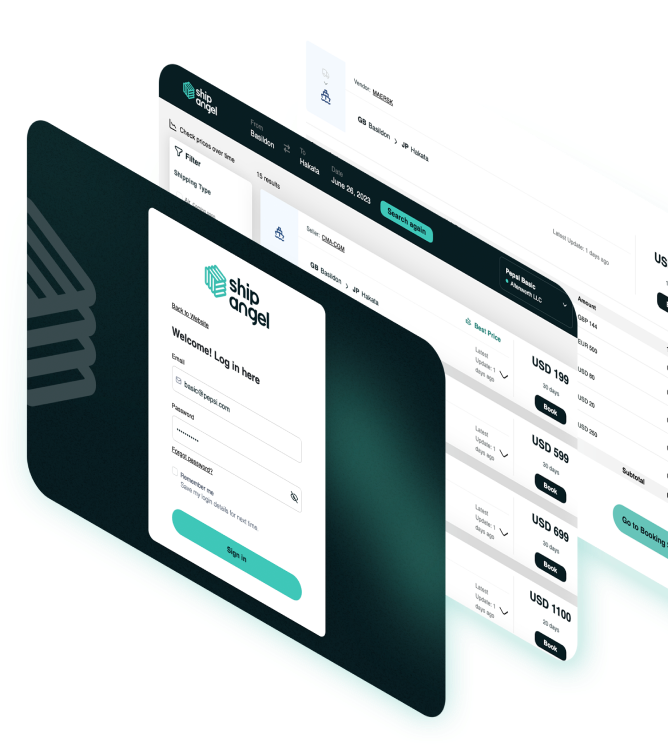
Trade uncertainty has become a defining challenge for BCO shippers in 2025. With escalating tariffs, shifting trade routes, and unpredictable policy changes, companies are facing unprecedented disruption. This blog delves into the most recent trade developments, their direct impact on supply chains, and actionable strategies to navigate this volatile landscape.
The Current Trade Landscape
- In April 2025, the U.S. raised tariffs on Chinese imports to 145%, targeting key sectors like electronics, textiles, and consumer goods.
- China responded with retaliatory tariffs of up to 125% on U.S. exports, intensifying trade tensions and complicating logistics for U.S.-based shippers.
- As a result, the Port of Los Angeles reported a 35% decline in import volumes in May 2025, indicating a steep drop in transpacific trade.
- U.S. households are projected to incur an additional $4,700 annually due to the increased tariffs, up from an earlier estimate of $3,800.
Implications for BCO Shippers
- Increased Shipping Costs: With higher tariffs, the cost of imported goods has risen significantly, leading to squeezed profit margins and increased pricing pressures.
- Disrupted Supply Chains: The surge in blank sailings has led to delays, unpredictable shipping schedules, and a scramble for alternative routes.
- Sourcing Shifts: Many shippers are diverting orders away from China to Southeast Asia and Latin America, seeking to mitigate tariff exposure.
Strategic Recommendations
- Reevaluate Sourcing Strategies: Consider alternative suppliers in tariff-neutral regions. Analyze cost-benefit scenarios for nearshoring to Mexico or Central America.
- Implement Advanced Analytics: Use predictive tools to monitor policy changes and anticipate supply chain disruptions.
- Invest in Inventory Management: Leverage AI-powered systems to optimize stock levels based on real-time demand and tariff forecasts.
- Strengthen Supplier Relationships: Open channels of communication with key vendors to secure capacity and negotiate flexible terms amid volatility.
Conclusion
In 2025, BCO shippers face a complex trade landscape characterized by rising tariffs, disrupted supply chains, and uncertain policy shifts. By proactively adjusting sourcing strategies, implementing advanced analytics, and optimizing inventory management, companies can mitigate risks and maintain operational resilience. For more tailored strategies, consider a consultation with Ship Angel’s supply chain experts.
About Ship Angel
Ship Angel is a cutting-edge rate management platform for direct shippers, offering innovative solutions in rate management, amendment guard, invoice auditing, and sustainability reporting. Powered by AI, Ship Angel helps shippers manage rates efficiently, ensure contract accuracy, and optimize cost savings. With a commitment to transparency, Ship Angel works across industries to help companies avoid costly disruptions and stay ahead in a rapidly evolving global trade environment.
Curious How Your Rates Stack Up?
 Dan Healy
Dan Healy
 May 9, 2025
May 9, 2025

